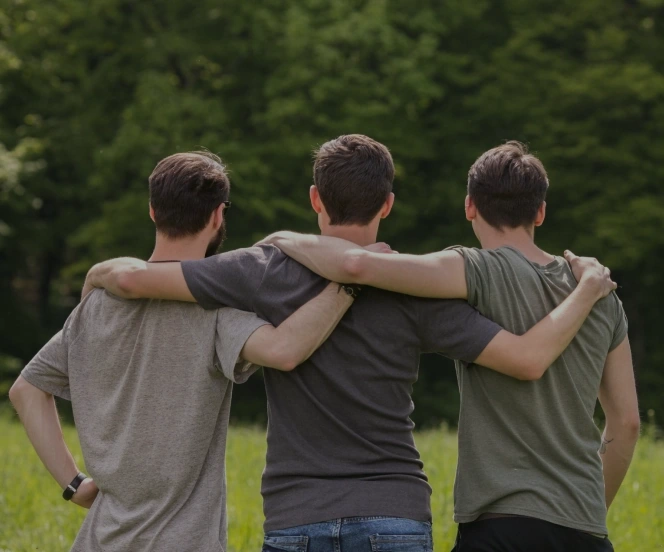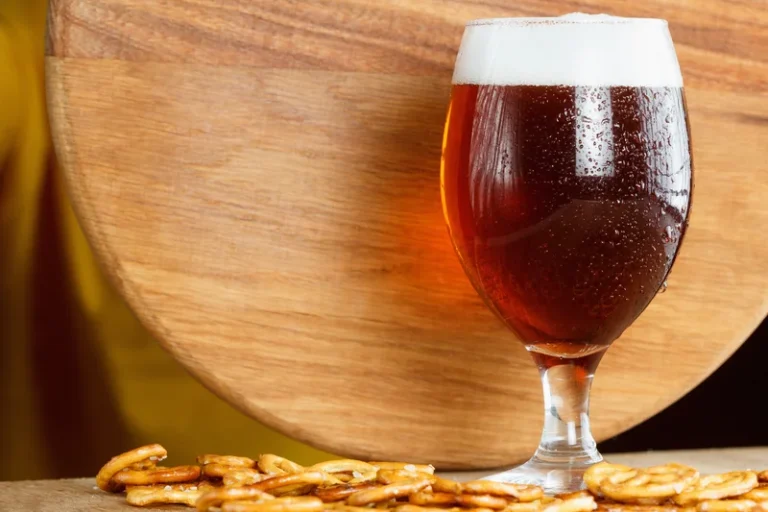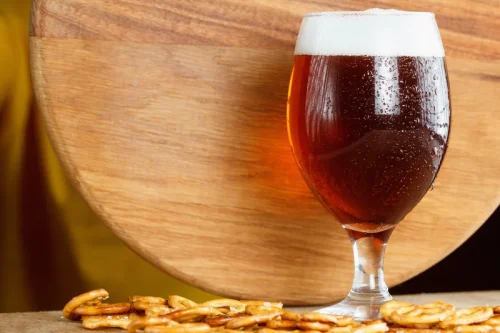
Jacob and Krahn (1988) conducted a study prototypic of this design by evaluating group differences in marital interaction patterns with a sample of alcoholic couples, couples with a depressed partner, and normal control couples. Prior to the interaction task, all couples completed the Areas of Change Questionnaire (ACQ; Margolin, Talovic, & Weinstein, 1983), a 34-item measure of each members’ current complaints regarding their marital relationship. Couples then participated in an interaction protocol that required them to engage in several 10-minute, dyadic, conflict–resolution interaction tasks in which they were instructed to discuss a behavior they would like to see their partners change. Interactions were then coded using the MICS and coders who were blind to the nature of the study. Results showed that alcoholic and depressed couples engaged in less positive behavior and more negative behavior than did normal control couples. Moreover, alcoholic couples were comparable to distressed, nonalcoholic couples on levels of positivity (O’Farrell & Birchler, 1987) and negativity (Billings et al., 1979).

Treatment research
Being able to say no to alcohol when you don’t want to drink, requires a few simple phrases you can say in a pinch. One-liners like “I’m driving,” “No, thanks, I just finished one,” and “I’ve had my limit for tonight,” can help you avoid giving in to the pressure to drink when you’re trying to cut back. And finally, talk with your friends about your decision and ask for support. Utilizing these strategies and seeking proper treatment for AUD can improve the lives of all involved and lead to a stronger, healthier relationship in the future. Reach out today at and talk to one of our compassionate and knowledgeable admissions navigators.
My Partner is an Alcoholic: How to Cope with an Alcoholic Partner
In addition to the financial and emotional toll alcohol misuse can have, domestic violence and child abuse may occur. Research indicates that 92% of victims of domestic violence reported that the assailant had used alcohol or other drugs on the day of the assault. Another study found that of those individuals who attack a partner, 60 to 70% had misused alcohol.8 The prevalence of alcohol in abuse situations does not necessarily mean that drinking causes the domestic violence, but it may be a factor in the violence. Relationship problems are a common byproduct of alcohol addiction, though there are several ways to combat it. Professionals can provide family support for loved ones affected by addiction and help individuals reach recovery at the same time. After all, partners and families are part of the journey and deserve help returning to normalcy.
- It is highly likely that the paradoxical results seen in studies examining the effect of alcohol on weight gain and obesity are also the product of a multitude of factors beyond the individual’s ingestion habits.
- Kids may develop trust issues and struggle with relationships later in life.
- Common marital satisfaction items might ask a respondent how happy they are in the marriage, whether they feel supported by their partner, how often they argue, and whether they have ever regret getting married.
- Douglas County, where KU is located, has a 22% excessive drinking rate, which is the second highest in the state of Kansas, statistics show.
- For example, if you work and see most of your close friends remotely, the impact on your relationships may manifest differently than someone who lives in a multi-generational household and works several in-person jobs.
- Second, not only were these samples small, but two of these studies (Halford & Osgarby, 1993; Katz et al., 1995) did not over sample alcoholic participants, perhaps not capturing enough variability in alcohol use and abuse.
Follow us on social media

This review was supported in part by grants from the National Institute on Mental Health (MH12010) and the National Institute of Alcohol Abuse and Alcoholism (F31-AA13217). Laurie Chassin, Manuel Barrera, Ken Leonard, Susan Somerville, Nancy Russo, Larry Dumka, Frank Lotrich, Tad Gorske, Christopher Martin, Mary Amanda Dew, and Joshua Miller for their helpful guidance and feedback. Alternatively, alcohol and relationships you can email us at and we will help you find the treatment you or your loved ones need. Their support can be emotional, providing encouragement, and practical, helping to create a stable environment. Some specialists can help you stage an intervention and find the right treatment for your loved one.

While this isn’t an exhaustive list of the symptoms of alcohol use disorder, one of the biggest indicators is that alcohol is having a significantly negative impact on your life and your relationships with others. A 2018 study found that alcohol had negative effects on both partners in a relationship for different reasons. In addition to self-care, partners of those affected by alcohol addiction can intervene by helping them find rehabilitation services.
Alcohol and domestic violence

You may want to seek therapy or attend a support group for family members of alcoholics such as Al-Anon or Alateen. These groups provide emotional support and the opportunity to learn from those who have faced similar challenges. People who consume alcohol regularly can https://ecosoberhouse.com/article/5-ways-to-reduce-alcohol-cravings/ develop an alcohol use disorder (AUD). AUD is the inability to control one’s drinking despite negative consequences. Alcohol consumption is a common factor in situations where domestic violence (DV) has occurred.
- Alcohol can change the way that people interact with each other, sometimes in negative ways.
- Research efforts have netted hundreds of risk factors that ostensibly contribute in some way toward partner-directed aggression, and the overall research base regarding IPA risk is substantial.
- Alcoholism is a family disease and can drastically affect the lives of everyone around you.
- If your partner has been abusive in any way, Nelson advises talking to a trusted loved one, trained therapist, or both.
How Do I Find Treatment for Alcoholism and Relationships Issues?
They found a significant three-way interaction between participant alcohol use, partner alcohol use, and gender in predicting partner negativity the following day. Specifically, greater female alcohol use increased perceived male partner negativity the following day only when the male partner failed to drink heavily. No increased negativity was detected on days in which females reported concordant heavy alcohol use.
Try to reduce the amount of alcohol you consume a day
Future research must consider the other important factors that may influence the link between alcohol and obesity, some of which are discussed below. Nevertheless, researchers and clinician may benefit from a conceptual guide that can be used to replicate and build upon the studies evaluated in this review. It is not meant to be exhaustive; rather, it is meant to serve as a foundation and springboard for future studies, and as a point of departure for more elaborate, comprehensive theoretical models of risk. For example, the majority of the studies evaluated in this review tested the direct effects of alcohol use on marital satisfaction (path “a”) or interaction and violence (path “b”).


コメント